GPS Elderly Anti-Lost GPS Tracker, GPS Watch, Smart Bracelet, Smart Watch
Osmile TP1000 (L) Smart GPS Watch with Take Off Alarm for Prisoners and People with Dementia, Alzheimer, Autism (Difficult to Remove the GPS Prisoner Monitorning Bracelet 24 HRs a Day 7 Days a Week)
Reg. $
549 USD
Sale $ 449
USD
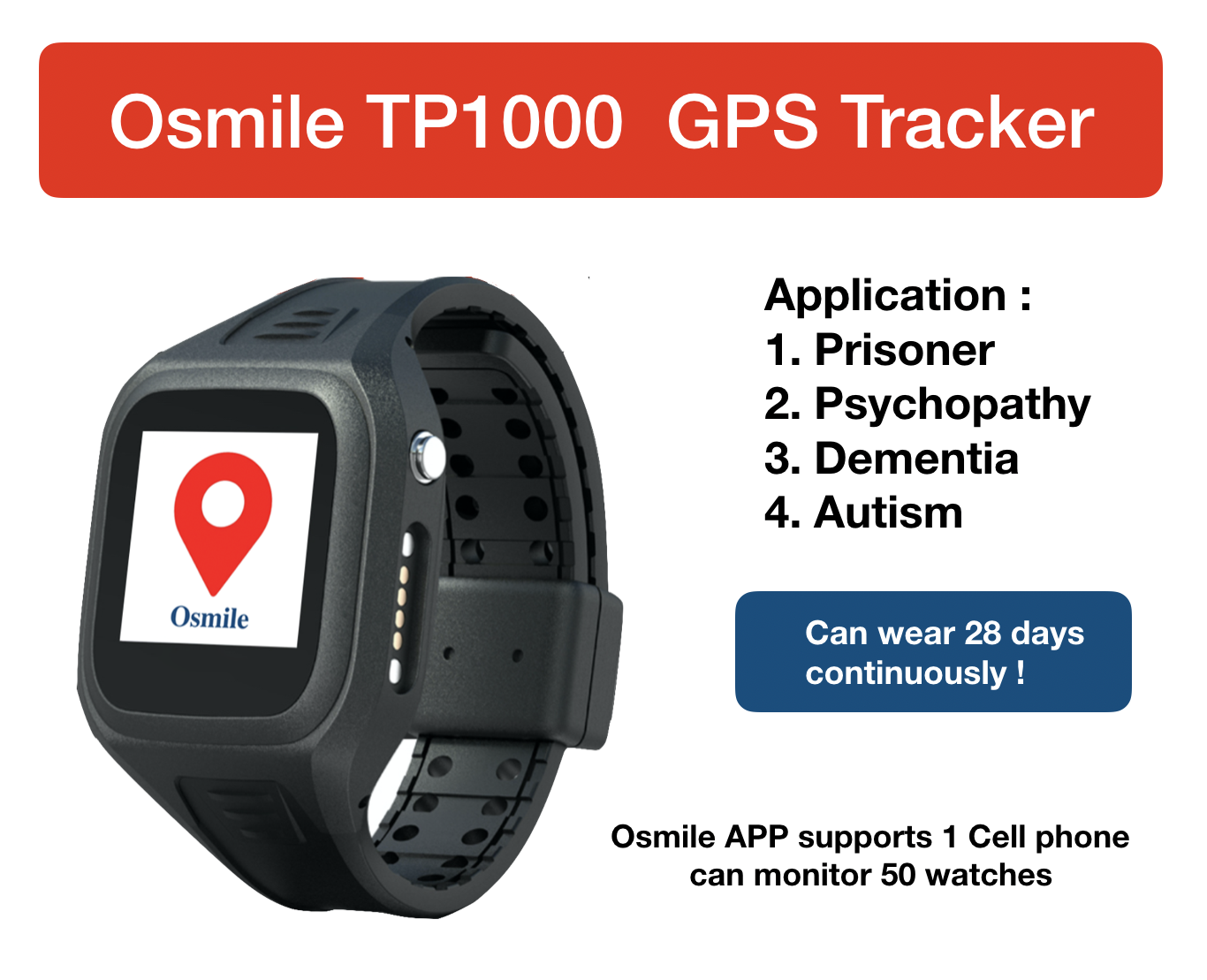
.png)

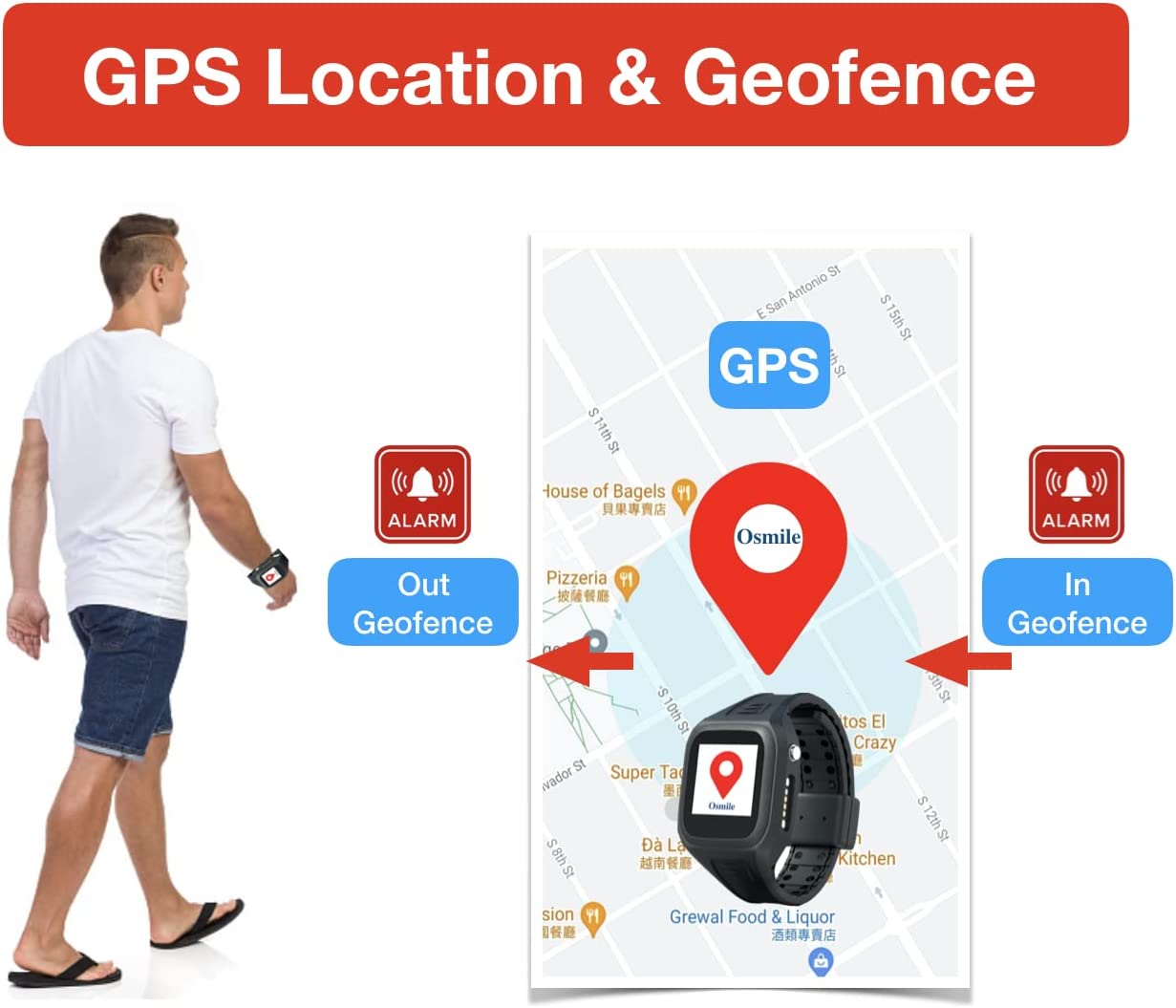
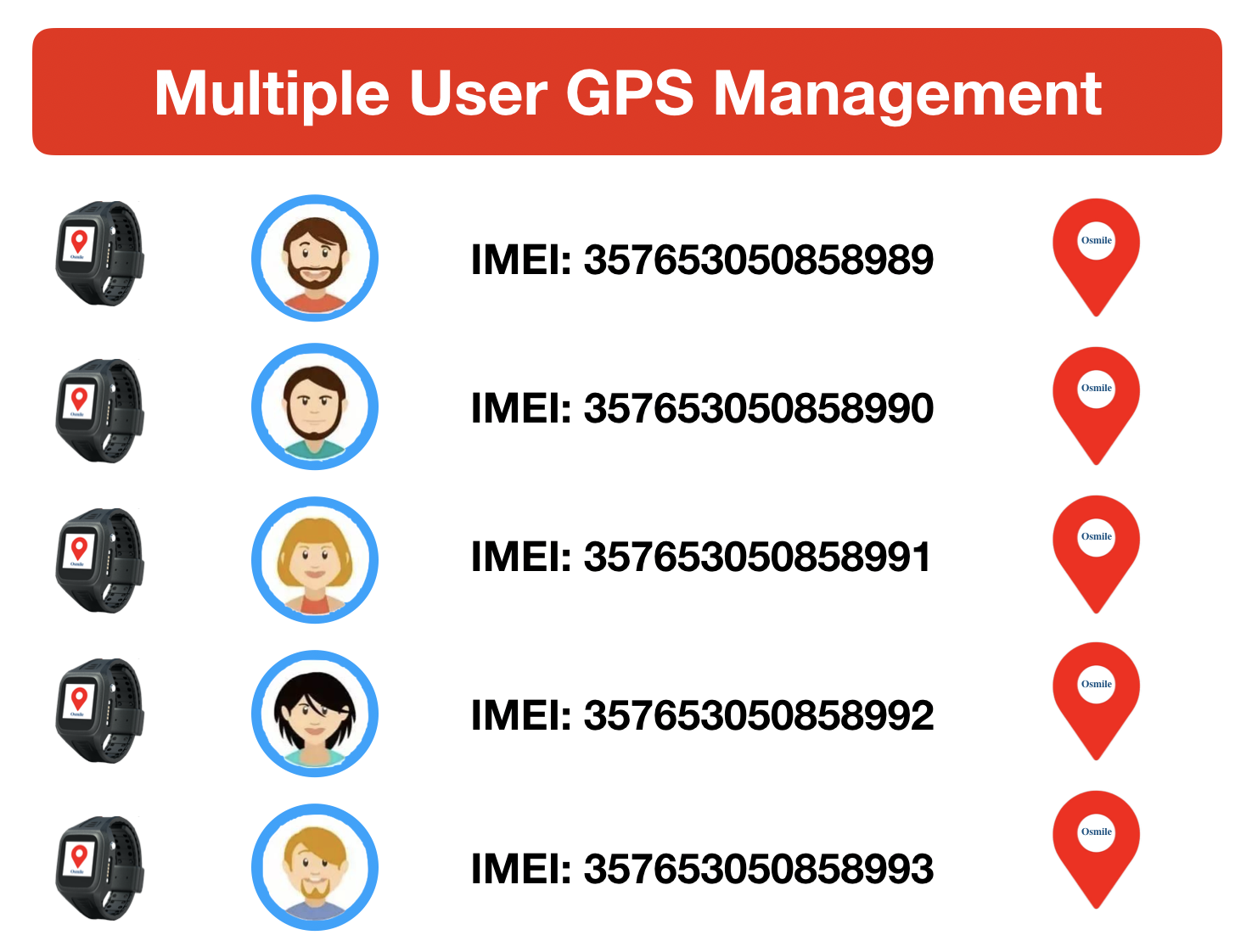
.png)
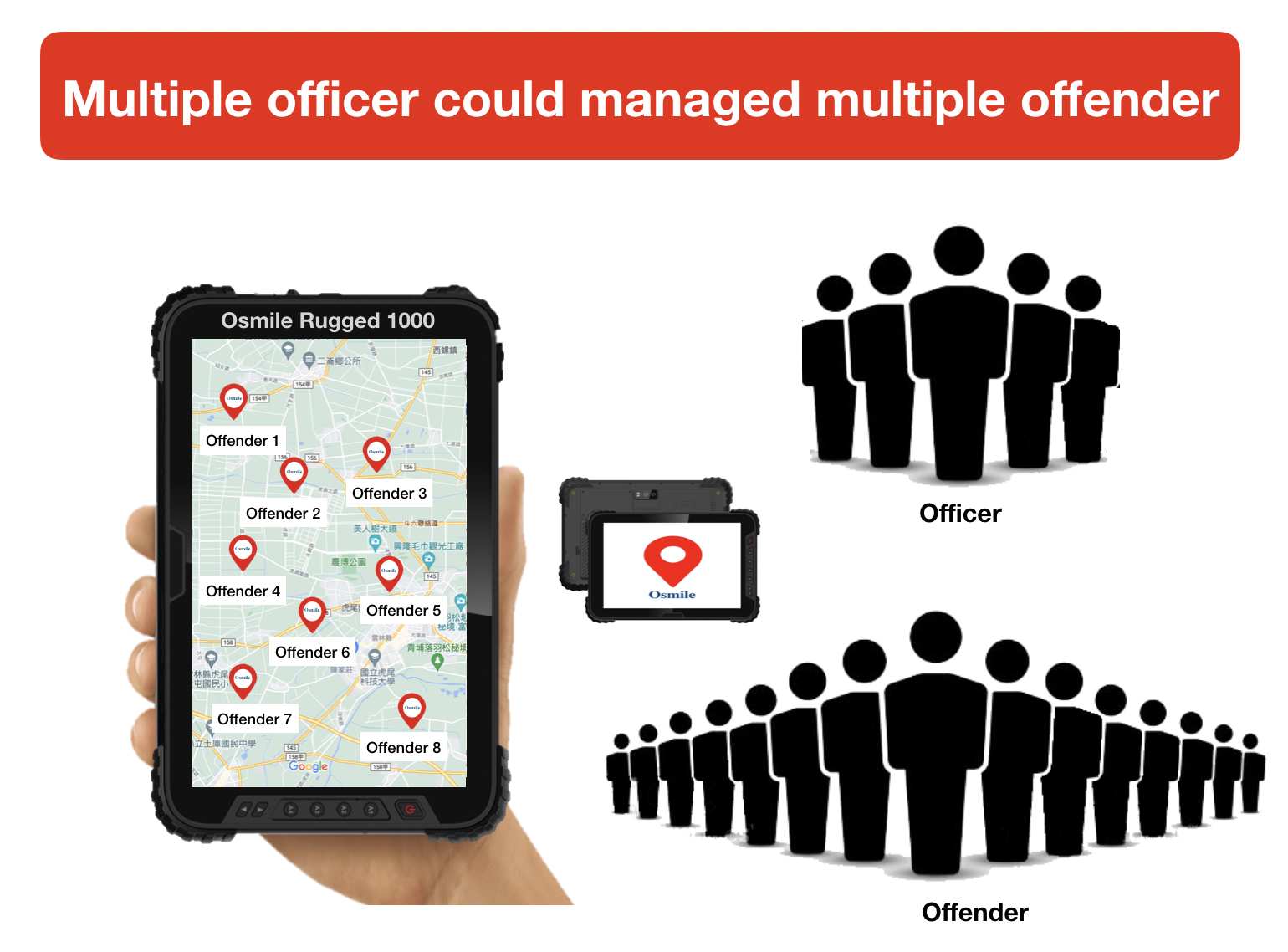
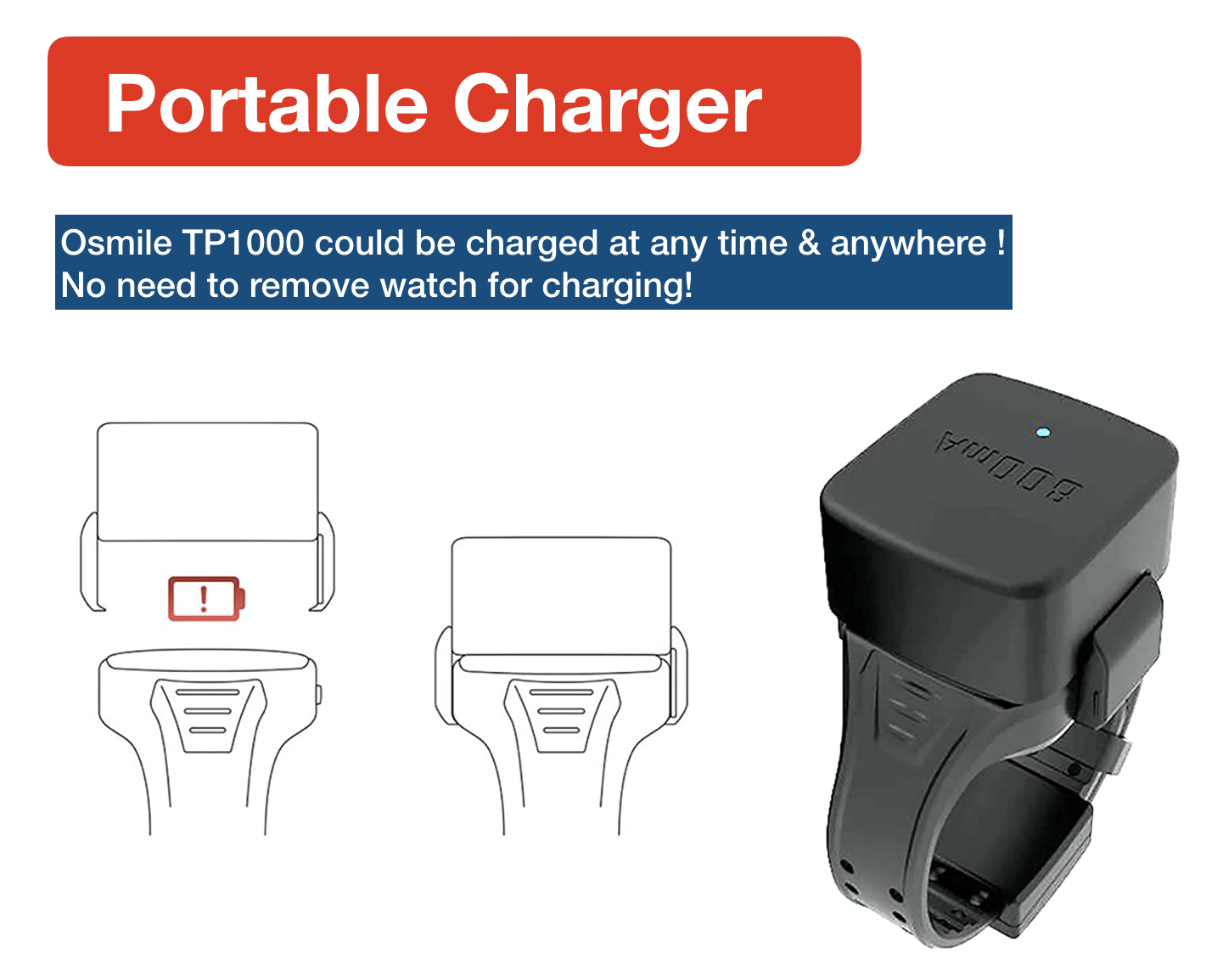
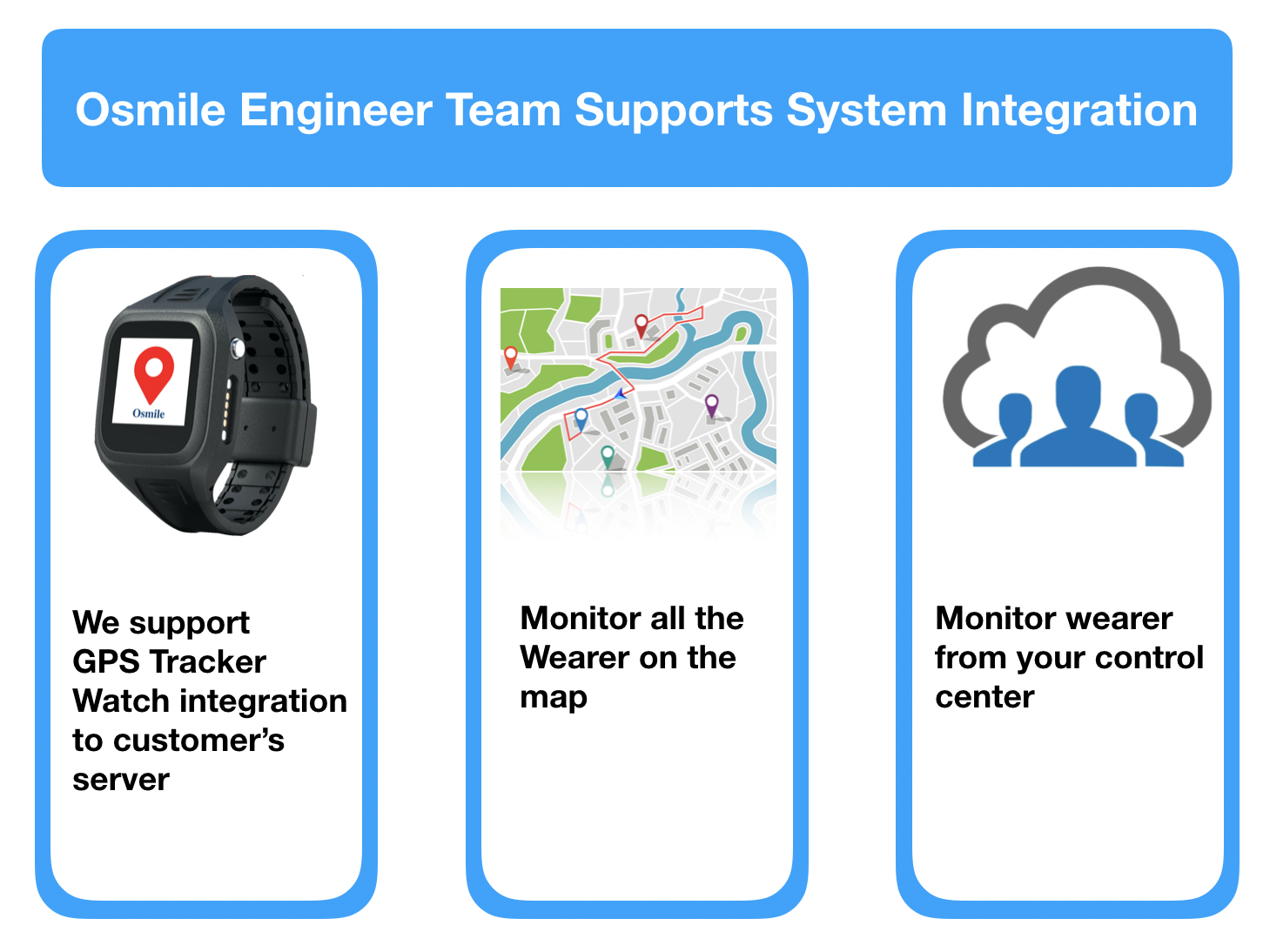
.png)
FUNCTIONS
- 1GB Nano SIM card Required for locking the wearer 24 hrs a day, 7 days a week
- Real time GPS tracking with Geo-fencing
- Alert activated when GPS tracker is damaged
- Alert activated when power is lower than 5%
- Alert activated when GPS tracker is offline
- SOS panic button for emergency calls
SPEC
Frequency : 850/900/1800/1900 MHZ
Positioning : GPS + WiFi + LBS
Tamper Proof : Yes
Strap Reuse : Yes
Heart Rate : Yes
Temperature : Yes
SOS : Yes
Geofence : Yes
Battery : 600mAh
Charging time: 2.5 Hours
Work Temperature : -20 to 60 degree
Stand by current : <5mA
Standby time : at least 3 days
Size : 55.2*31.5*14.5mm
Screen : 1.44 (240*240)
Weight : 85 g
BACKGROUND
As jail overcrowding continues to be an issue in many counties, many use GPS watch monitors to keep tabs on inmates. The simple reason is to save money, but it doesn’t come without some concern for public safety. According to recent news report, using a GPS tracking system could save the county up to $25 a day per inmate, which adds up to about $9,500 a year per inmate.
Many prisoner GPS watch experts believe assigning a nonviolent criminal a GPS tracking device after release from jail or prison may prevent him from engaging in future crimes. They say a criminal will know he is being watched and monitored, and will likely realize that committing an illegal act will ultimately result in another arrest.
GPS tracking devices are often used after the release of sex offenders. Some states require offenders to wear a tracking device for life, regardless of whether he has served his whole prison term. When a criminal is assigned a GPS tracking device, corrections officials place a permanent watch placed on his hand. This makes it possible to track the person 24 hours a day, seven days a week. For instance, if a registered sex offender comes closer to a school than he is allowed, the monitor notifies authorities. Authorities are also notified if someone tries to remove the GPS tracking watch.
But what happens when these prisoner GPS tracking watch fail? Then the authorities will have problems to position these criminals. Hence, choose a telecom company provides stable 4G/5G Nano SIM card, to prevent lost of signals, and failed to track the prisoner.
Hence, the Osmile TP1000 Prisoner or Dementia GPS tracking technology allows officers to monitor criminals or dementia patients without actually holding them. Providing housing, security, food, health care, and administrative costs for prisoners or dementia patients is an expensive financial burden for most U.S. states. Because of the high cost, some states are using GPS watches to track nonviolent prisoners or dementia patients as an alternative to locking them up.
Previous Project | Previous Page

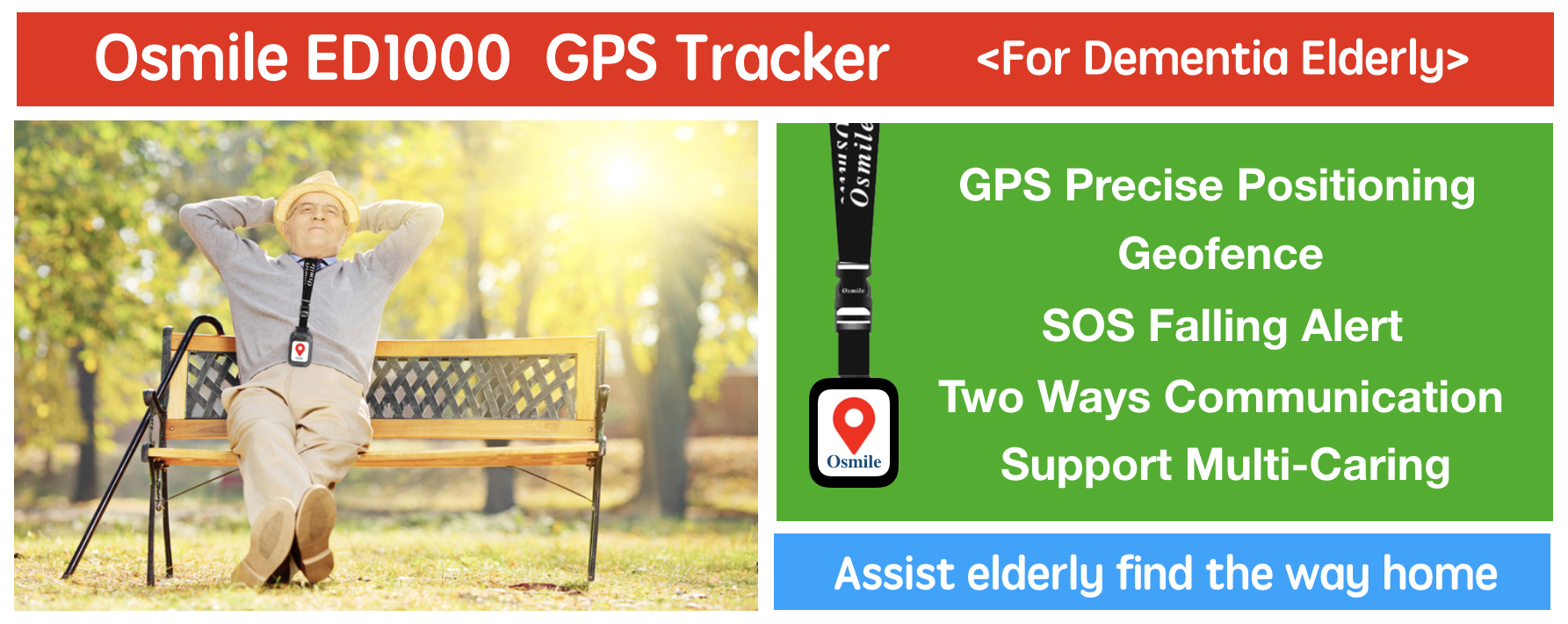
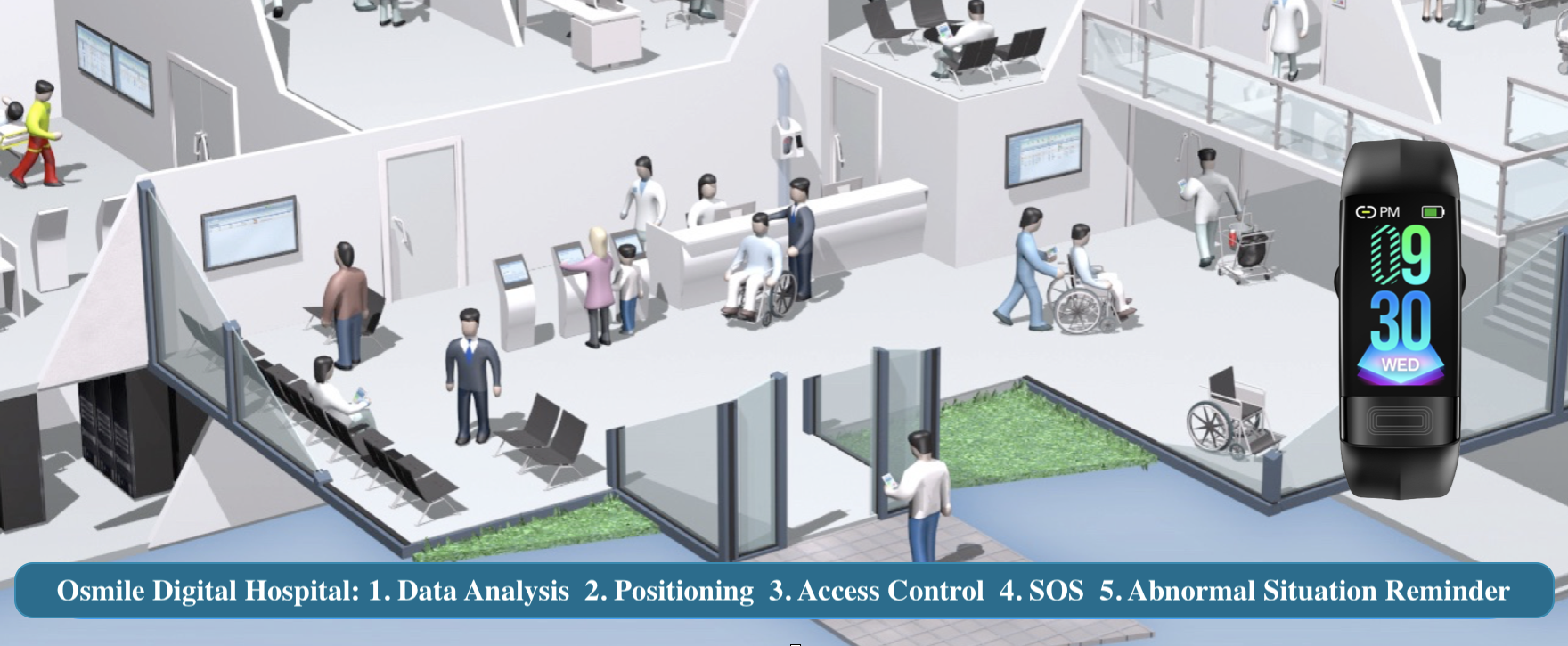

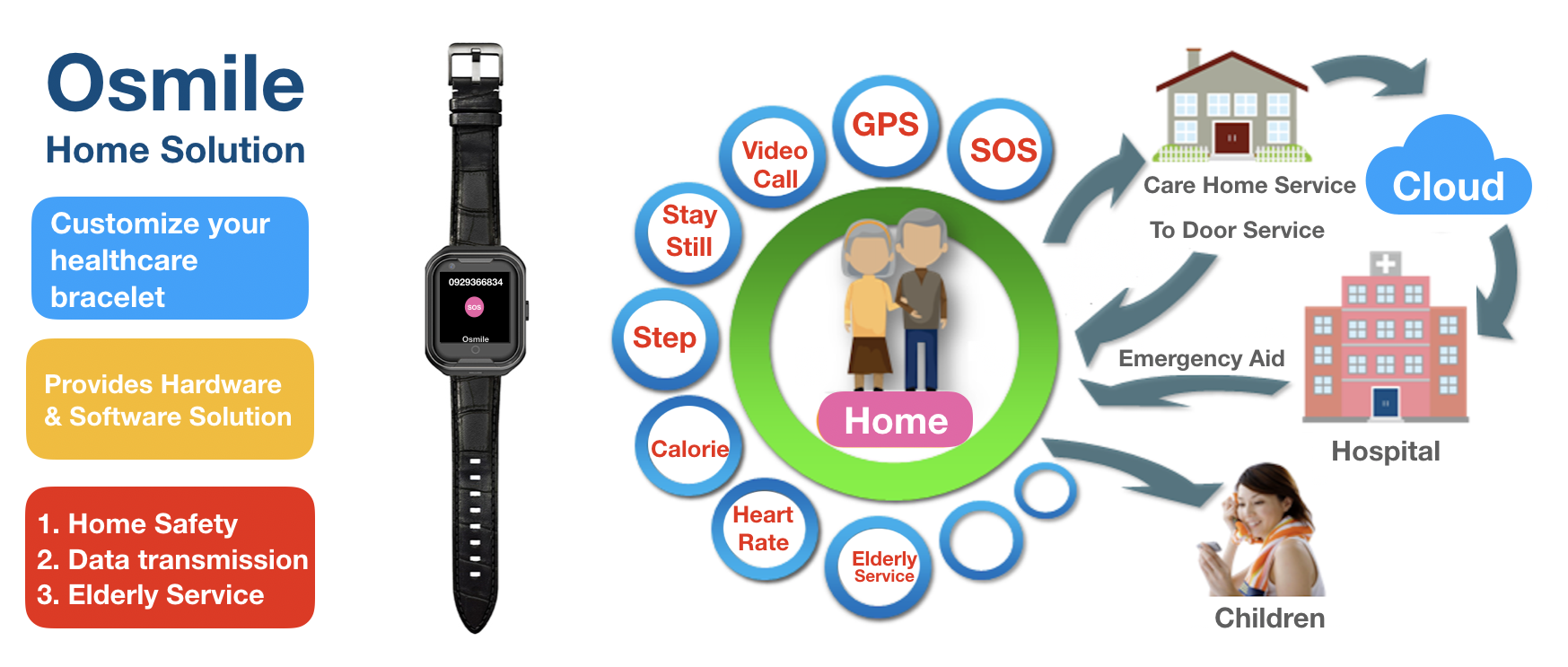
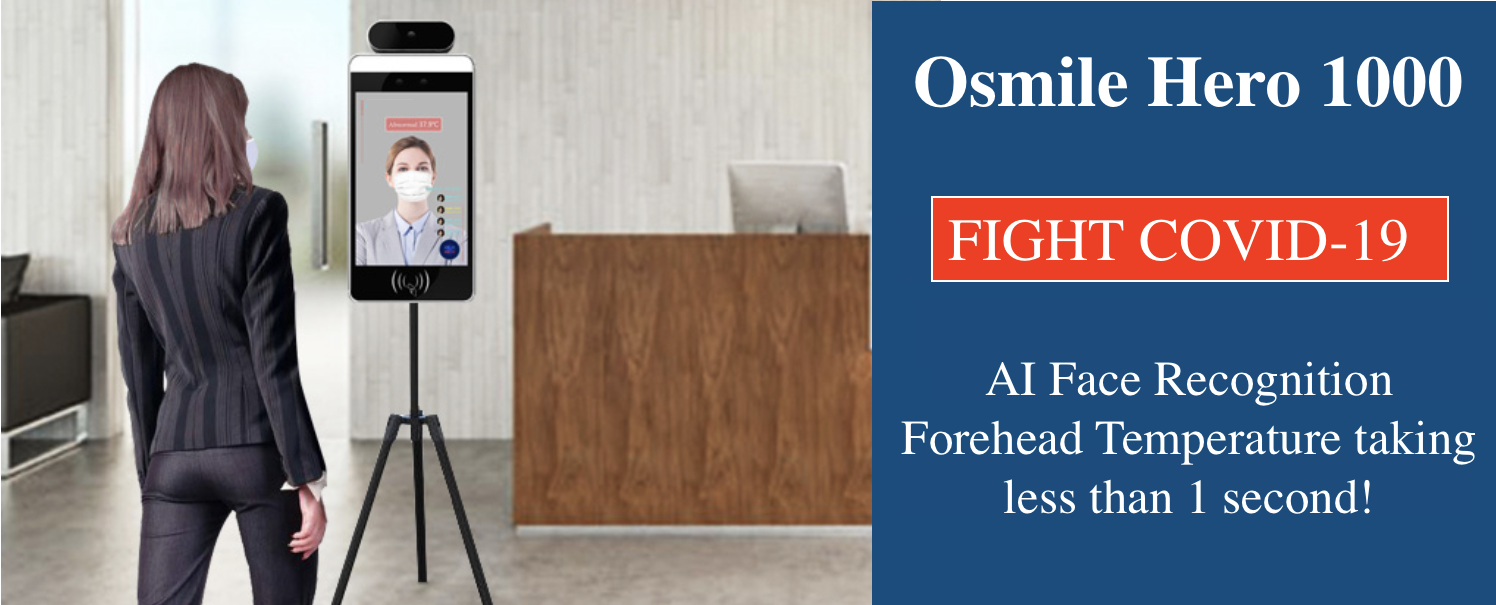
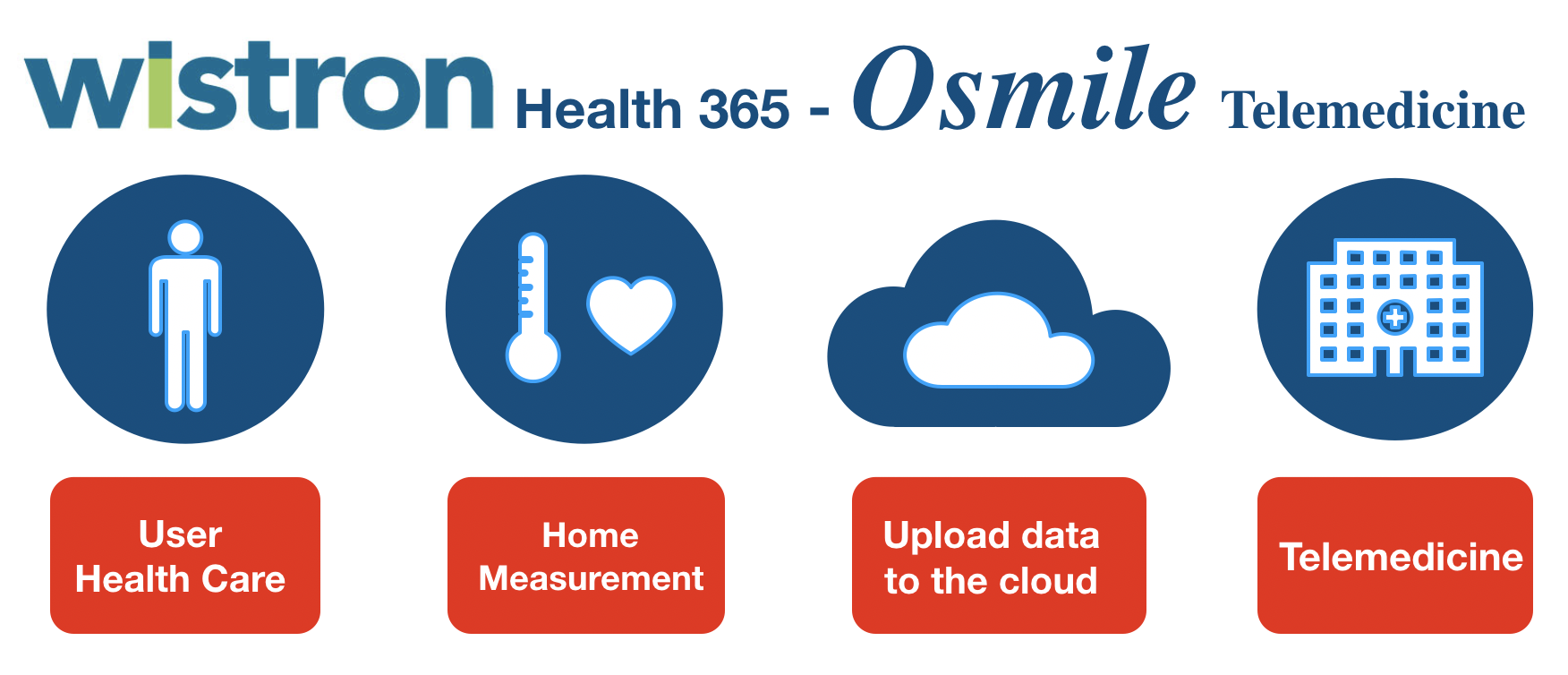

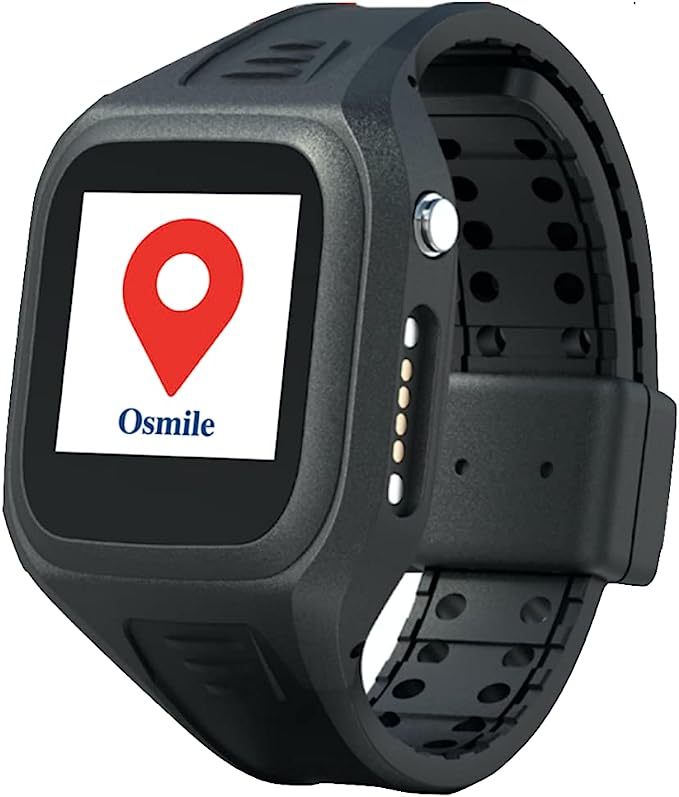
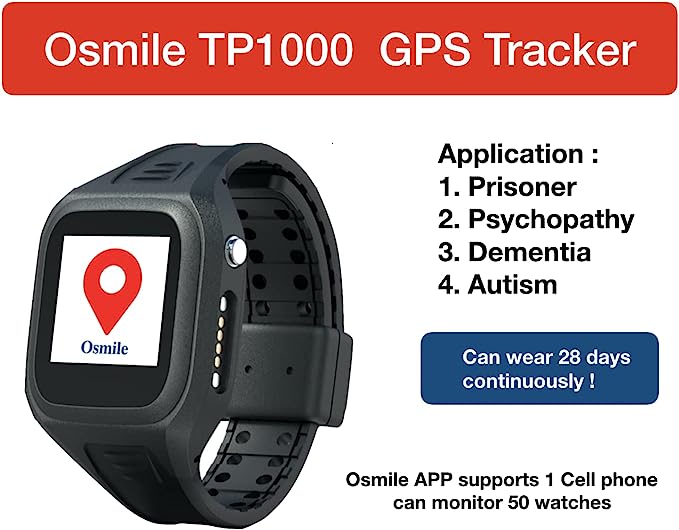
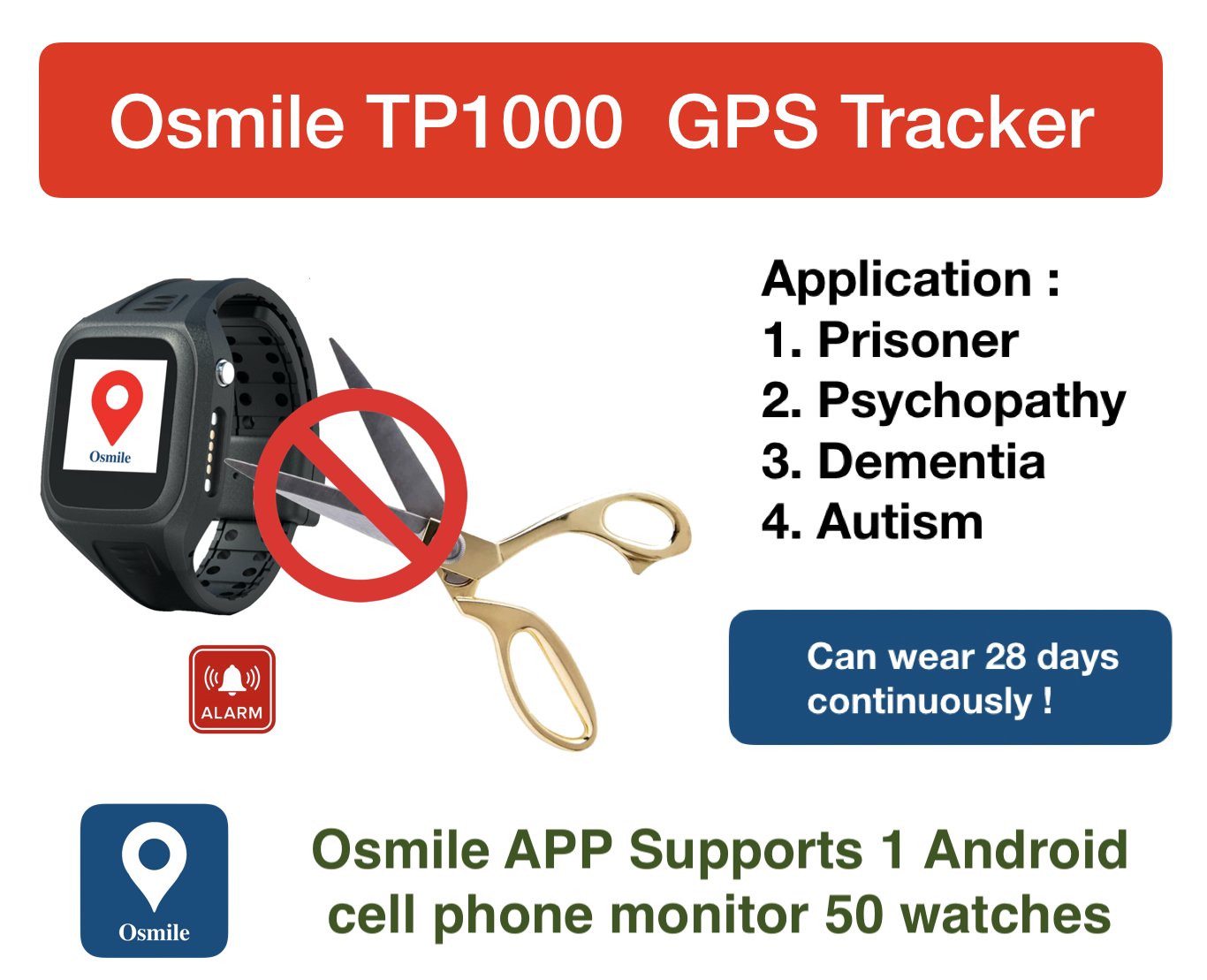
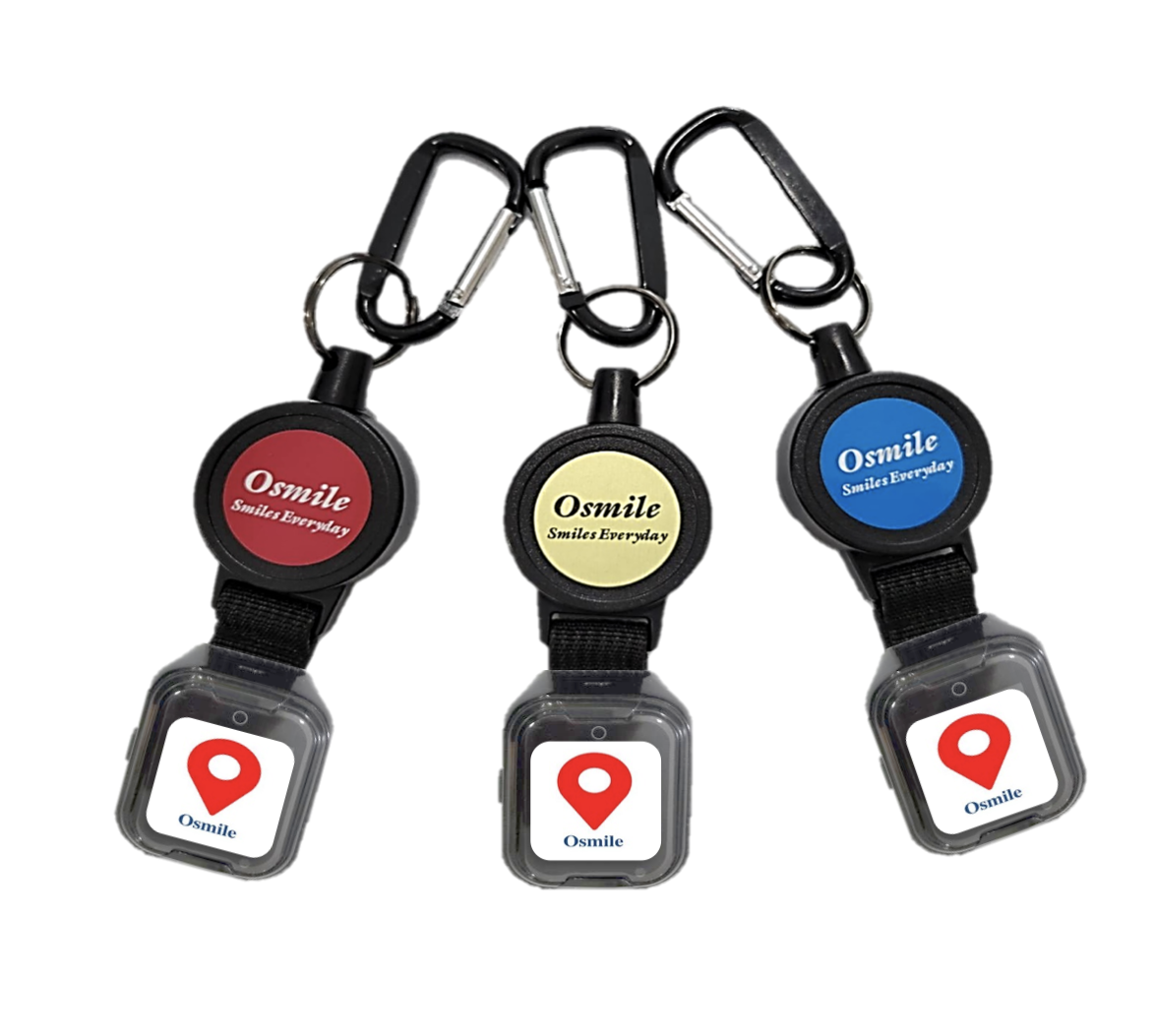
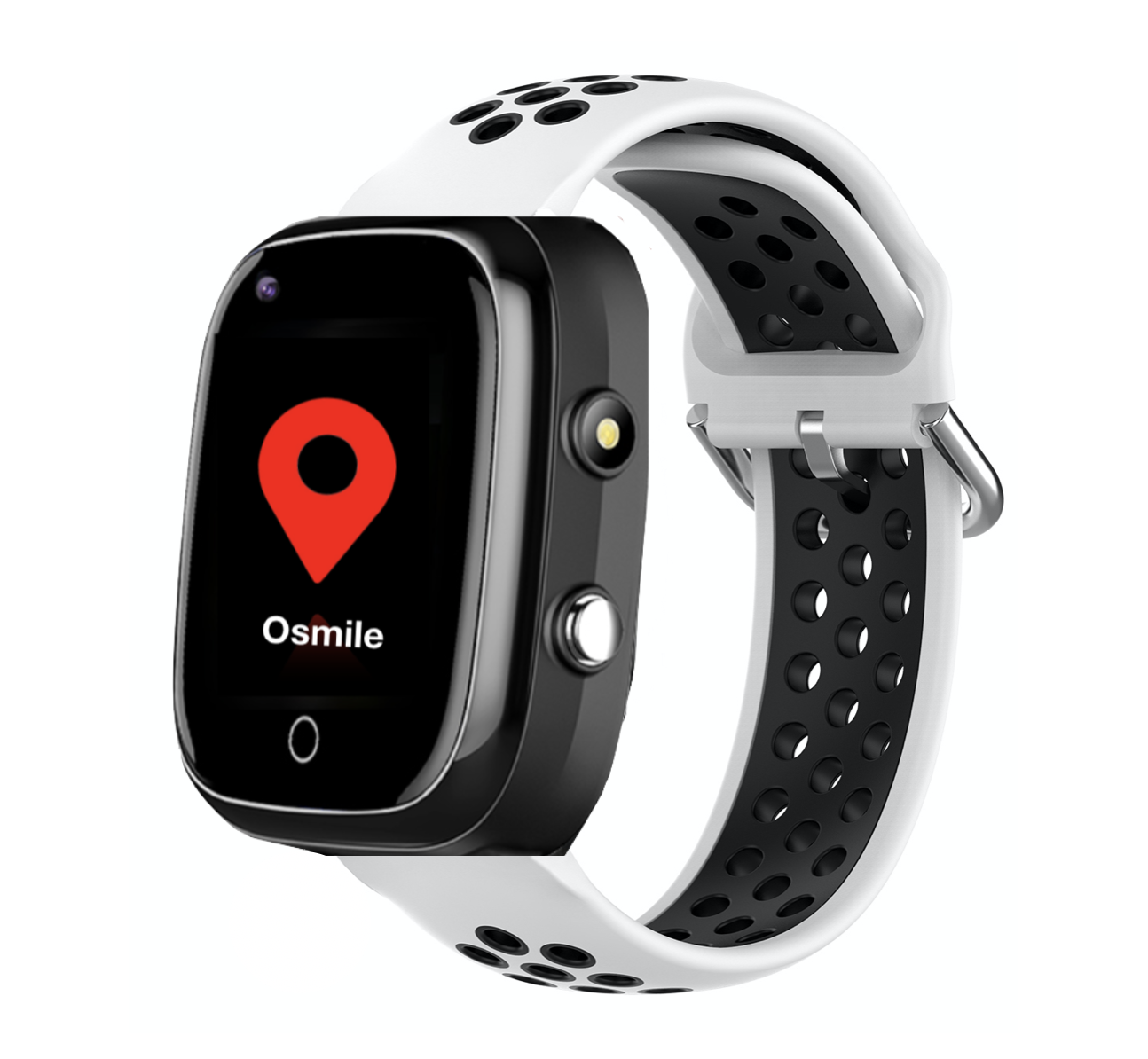
.jpg)